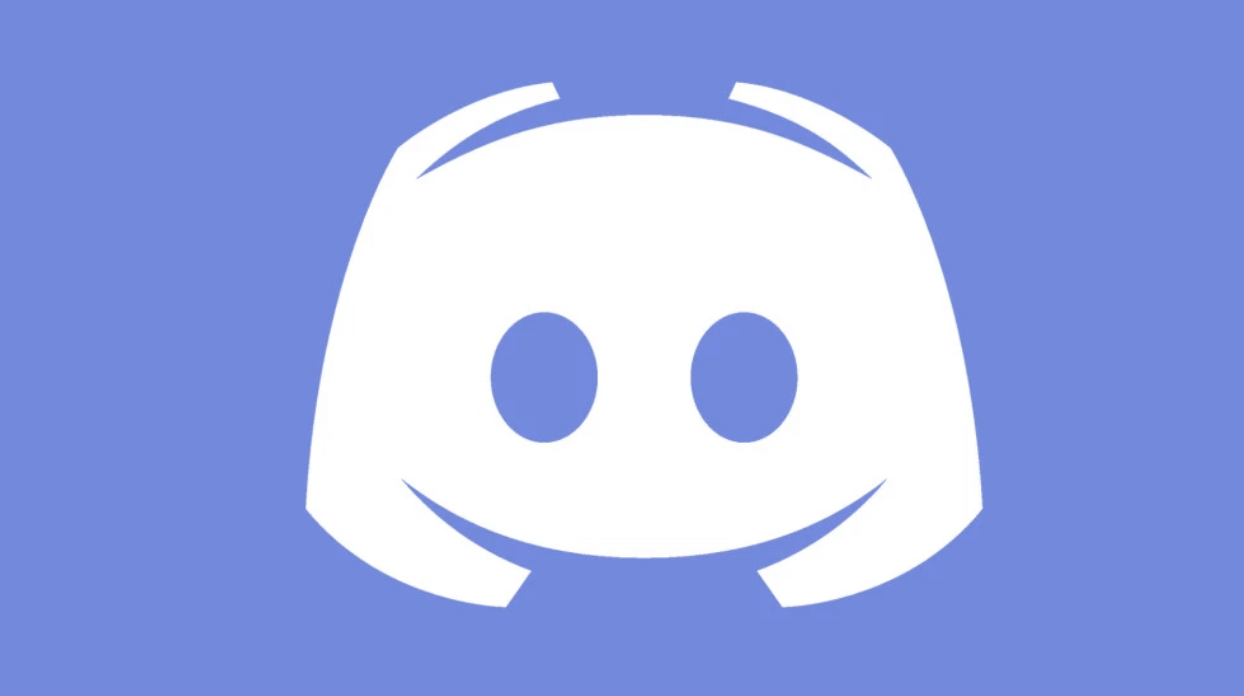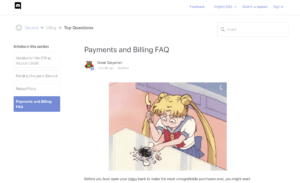
By Kiki Schirr, {grow} Contributing Columnist
In February of 2015, the live-streaming video app Meerkat launched. Between being featured on Product Hunt, and a stellar adoption rate that March at SXSW, the app quickly became a household name among marketers. It was a wonderful platform to boost an influencer’s personal branding.
Since the launch of Meerkat, and the clear benefits that early adopters of the platform enjoyed, it seems like social media marketers are always searching for the next big platform. This is not an easy task. Many of the new services I’ve mentioned on this site have since folded. Meerkat, for example, only existed for about 20 months.
And new apps are cropping up every day.
But there is one that deserves your attention.
In 2017 I wrote a round-up of a few great community engagement platforms. One of the ones I suggested was Discord. At the time, it was mostly frequented by gamers.
But in the two years since that post, Discord has become a useful tool for anyone wishing to build an online community. It is also now considered a more affordable alternative to Slack.
Why Discord should be interesting to marketers
Discord allows direct engagement between people passionate about your brand and fosters a sense of community. If your customers play video games, they are already using Discord, and might be eager to join your server.
If your customer has never played a video game they will be less likely to know of Discord. However, setting up an account has become easier and easier. If someone is passionate about your brand the setup is now easy enough to be worthwhile for any fan.
That is not to say there aren’t a few concerns marketers should address.
The first is security. All moderator accounts should have strong passwords and use 2-factor authentication. Discord does 2FA well, suggesting the use of a strong security app like Google Authenticator or Authy. If you suspect a moderator account has been compromised, act quickly.
The second is that, as in any community, when people are able to interact online, conflict occurs. Be sure to take all reports of misconduct seriously, as appearing soft on harassment will hurt your brand image.
Another related concern is that people might indicate that they are in a crisis state while in your community. I would recommend having everyone who manages your community read this wonderful guide to addressing people in crisis online, and have it bookmarked.
Starting with Discord
Signing up for Discord is free. When you begin, you’ll have the option to join a friend’s server or start your own. If you’re only creating an account to use on an existing server you’ll need an invite link or to pass your username to the owner or moderator of the server. Your username will be the alphanumeric name you gave yourself, followed by a pound sign and four randomly assigned digits.
If you start your own server the process is a bit more complex. I won’t go into the details here because Discord has excellent and often funny support documents to assist you in case the on-screen real-time instructions are insufficient.

This is one example of a Discord support page. On the real thing, Sailor Moon is a moving GIF.
The important thing to know is how a server operates. Servers are private rooms where guests can be invited to chat and interact with other members of the server. There are usually group text chats, group audio chats, less common video chats, and server members may also direct message each other. Security conscious members can turn off direct messages in their own settings.
Once someone creates a username they can join multiple servers. Like Slack, these different groups will be listed on the left side of the screen, and the user can toggle between them to browse, or set notifications to be alerted when named, or at the mention of certain text keywords.
There is a paid version of Discord. For $9.99/month or $99/year, users can buy Nitro status. This will give them access to a host of optional, but fun, features and one server boost. The fun options include things like customization or being able to use their preferred emoji set within any server. Server boosts are a bit more complicated, but the more users who gave a server their boost, the more new features that server receives. This is a quick overview of the system from Discord.
Users can also become friends with other people. Once both parties have accepted the friendship, they will be able to chat outside a server. This is an important tool because server owners and moderators can be fickle. Connecting with interesting people as friends allows you to stay in touch even if one or both of you are booted from the server.
Other apps to watch
As I said, it’s tough to know where to place your bets but here are a few other apps I’m watching.
- Houseparty – The successor to Meerkat, Houseparty is a video chatroom between friends that allows middle or high schoolers to drop in when they’re free.
- MeWe – This privacy-focused messaging app allows people to form groups and is currently a hot commodity as Kik Messenger recently announced it is closing. The exact date the service will deprecate is not clear but most sources indicate it will be gone prior to November of 2019.
- Telegram – Another privacy-focused messaging app with groups. Telegram is especially popular with people interested in blockchain and cryptocurrencies.
- Signal – This is the privacy-focused messaging app that Edward Snowden touts. To be fair, Telegram’s encryption is pretty solid, also, but there isn’t the same level of transparency as Signal has, so the truly paranoid use Signal. Although marketers won’t find much reason to use Signal to form community or hype, it is good to know it exists.
- TikTok – Now owned by a Chinese parent corporation, this app formerly existed as a pre-teen lip-syncing app called Musical.ly. Since its purchase, this app has shot up in popularity. This app is still youth-oriented. Take care to evaluate it prior to setting up a brand presence there.
What other cool apps for engagement are you exploring? Have you used Discord in the past? What did you think about your experience with Discord?
 Kiki Schirr is a freelance marketer who enjoys absorbing new trends within the tech scene. In response to a challenge issued by her father, she has also started to write a novel during small pockets of free time. She is most easily reached via Twitter.
Kiki Schirr is a freelance marketer who enjoys absorbing new trends within the tech scene. In response to a challenge issued by her father, she has also started to write a novel during small pockets of free time. She is most easily reached via Twitter.


